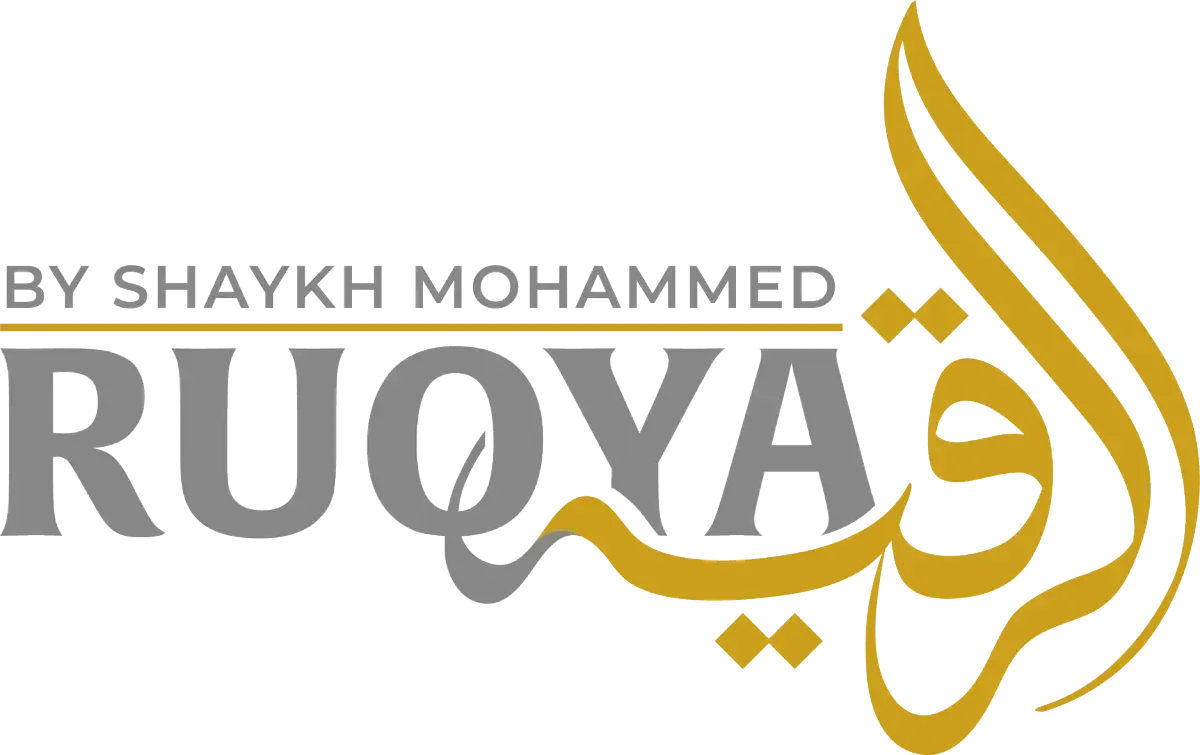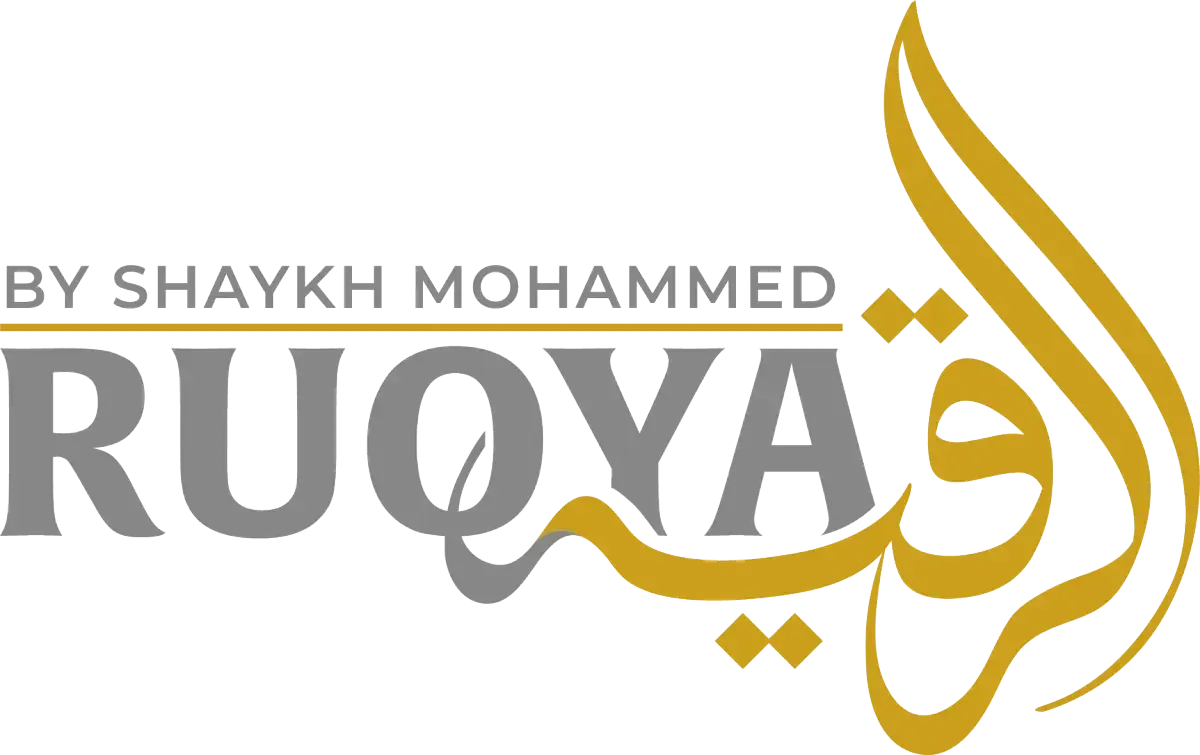
Can Ruqyah Treat Anxiety and Depression?
Feeling Spiritually or Emotionally Stuck? You're Not Alone
If you've been struggling with anxiety, emotional heaviness, or unexplained sadness, and modern solutions haven't helped, you're not alone. More Muslims around the world are turning to Ruqyah, the Quranic healing method, for support with emotional and spiritual distress.
But can Ruqyah really help with anxiety or depression? And what about spiritual blockages that make you feel distant from your faith, your family, or even yourself?
Let’s explore how Ruqyah works, what the Islamic tradition says about mental and emotional suffering, and how this prophetic practice can help you find peace—inside and out.
What Is Ruqyah in Islam?
Ruqyah is an Islamic healing method that involves the recitation of Quranic verses and authentic supplications (duas) to treat spiritual, emotional, or even physical ailments. It’s a Sunnah practice of the Prophet Muhammad ﷺ, used to:
Expel jinn and break black magic (sihr)
Protect against the evil eye (ayn)
Relieve emotional and psychological distress
Remove spiritual blockages and weakness in faith
“Make Ruqyah for yourselves, for there is no one who makes Ruqyah for you better than yourselves.”— Prophet Muhammad ﷺ (Sahih Muslim)
At Ruqyah Treatment, certified male practitioners offer ethical, Shariah-compliant sessions that follow these prophetic methods.
What Islam Says About Anxiety and Emotional Distress
In Islam, emotional pain is not a sign of weak faith. In fact, many of the Prophets (peace be upon them) experienced deep emotional trials.
Yaqub (AS) grieved so deeply over Yusuf that his eyes turned white from sorrow (Quran 12:84).
Maryam (AS) cried out in anguish under the pain of childbirth (Quran 19:23).
Even the Prophet ﷺ said:“The eyes shed tears and the heart feels sadness...” (Bukhari)
Islam acknowledges human emotions, and Ruqyah offers a spiritual tool for navigating these feelings, not denying them.
How Can Ruqyah Help With Anxiety or Depression?
While Ruqyah is not a replacement for medical or psychological care, it provides a faith-centered intervention that:
Clears Energetic and Spiritual Blockages
Many people experience anxiety not just from external stressors, but due to internal spiritual imbalances. Ruqyah restores harmony by removing negative influences (like jinn or sihr) that can cloud the heart and mind.
Strengthens the Heart With Quran
The Quran is described as a “healing and mercy” (Quran 17:82). Ruqyah recitations calm the nervous system, ease obsessive thoughts, and allow the soul to reconnect with Allah ﷻ.
Offers Hope and Relief Through Tawakkul
Often, the greatest cure is found in surrendering our affairs to Allah. Ruqyah encourages tawakkul (trust in God)—helping those suffering to feel supported spiritually, not abandoned.
Signs You May Benefit From Ruqyah for Emotional Healing
You may consider Ruqyah if you experience:
Constant negative thoughts or inner agitation
Sudden anger, fear, or panic attacks
Feelings of being spiritually “blocked” or disconnected
Inexplicable sadness, heaviness, or loss of motivation
Recurrent nightmares or sleep disturbance
Physical symptoms with no medical cause
Note: While some of these may have medical causes, persistent issues combined with spiritual symptoms (e.g., detachment from salah, fear of the Quran, voices) may indicate spiritual interference.
What to Expect in a Ruqyah Session
At Ruqyah Treatment, your healing journey begins with care and confidentiality. Here's what typically happens:
Consultation: A confidential conversation to understand your symptoms and spiritual history.
Assessment: Identifying potential causes (sihr, ayn, jinn, trauma, etc.).
Recitation: Verses from the Quran (like Surah Al-Baqarah, Al-Falaq, An-Naas, etc.) are recited over you.
Observation: Practitioners monitor your responses to assess effectiveness and the presence of spiritual interference.
Aftercare: You receive
All sessions are conducted according to Islamic ethics, with gender-appropriate practitioners available.
Combining Ruqyah With Therapy and Self-Care
Islam doesn’t discourage seeking medical or psychological help. In fact, it's encouraged.
“Make use of medical treatment, for Allah has not made a disease without appointing a remedy for it…” (Bukhari)
You can—and should—combine Ruqyah with:
Islamic counselling or therapy
Journaling or mindfulness grounded in dhikr
Professional support for trauma or clinical anxiety
Ruqyah can address the spiritual root, while therapy addresses mental-emotional layers.
Real Testimonial (Adapted for Privacy)
“After years of unexplained sadness, fear, and panic, I tried Ruqyah. Within weeks, my sleep improved, and the heaviness lifted. I felt spiritually alive again. I wish I had done this sooner.”— Sister Z, UK
How to Book a Ruqyah Session
If you’re ready to begin your healing journey, visit:
FAQs About Ruqyah for Mental and Spiritual Healing
Q1: Can Ruqyah replace therapy or medication?
No. It complements them by addressing spiritual roots, but does not replace clinical treatment.
Q2: How many sessions will I need?
It depends on your symptoms, consistency, and how deeply rooted the issue is. Some feel relief in 1–3 sessions.
Q3: Is it normal to cry or feel emotional during Ruqyah?
Yes. Emotional release is common and often part of the healing process.
Q4: What if I’m not sure whether my issue is spiritual or mental?
Start with a consultation.
Experienced practitioners can guide you based on symptoms and the Islamic framework.
Conclusion: Healing Begins With Faith—and Action
If you’re living with anxiety, depression, or emotional heaviness and feel like something deeper is at play, Ruqyah offers a faith-rooted path to peace.
This isn’t just about “feeling better.” It’s about realigning your soul, clearing spiritual interference, and reconnecting with Allah in the process.
Take the first step. Healing is closer than you think.
Start your Ruqyah journey today





